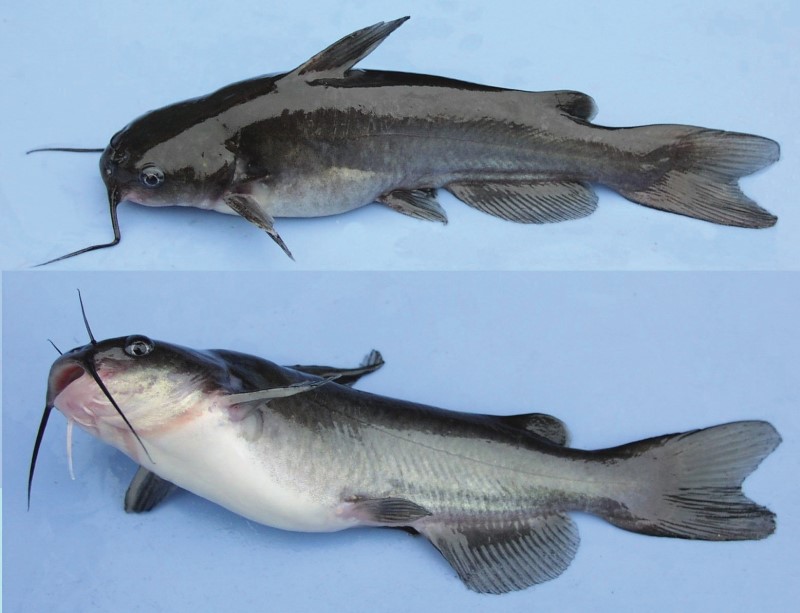Fresh Water Cat Fish “Point-And-Kill” And Nature

By Obiabin Onukwugha
Freshwater catfishes are almost worldwide in distribution and live in a variety of habitats from slow or stagnant waters to fast mountain streams; marine catfishes are found in the shore waters of the tropics.
Catfishes are generally bottom dwellers, more active by night than by day.
Most are scavengers and feed on almost any kind of animal or vegetable matter. All species are egg layers and may exhibit various types of parental care.
The brown bullhead (Ictalurus nebulosus), for example, builds and guards a nest and protects its young, while male sea catfishes (Ariidae) carry the marble-sized eggs, and later the young, in their mouths.
According to scientists, some species of catfish, including the fresh water dwellers are able to breathe through their skin, which is why most species are lacking scales and have smooth, mucus covered skin.
They say these catfish are one of a few fish that have an organ called the Weberian apparatus that they use to communicate with each other underwater.
Fresh water catfish make additional sounds by rubbing parts of their bodies together underwater.
Hausa call it “kullun”, Yoruba call it “eja Obokun”, Igbos call it “Ọ̀kpọ́”
Catfish are of considerable commercial importance; many of the larger species are farmed or fished for food. Catfish raised in inland tanks or channels are usually considered safe for the environment, since their waste and disease should be contained and not spread to the wild.
In Nigeria, fresh water catfish has become popular and of economic value, thus providing income for farmers and food for many homes. Whether dried or eaten fresh, fresh water catfish fish has a unique taste that wants you to consume more.
Though those farmed are not as tasty as the one from the natural waters, fresh water cat fish popularly known as “point and kill”, is used for many delicacies including stews, pepper soup, fisherman soup, barbeque, amongst others. It is priced in many bars and restaurants across Nigeria.
The giant catfish that lived at the bottom of a lake
In Japanese tradition; the Namazu (cat fish) plays a very important role. It is said that a giant catfish is thought to cause earthquakes.
The story goes that this giant catfish is so big that the god Kashima must keep this fish under control. He supposedly accomplished this by keeping the catfish trapped under a very powerful capstone.
Once in a while the Kashima got tired or distracted and the Namazu was able to move, supposedly causing earthquake.
It is said that the Catfish has been reputed to causing havoc shaking up the world causing the people to redistribute their wealth. In this manner the Namazu was regarded as a deity that would punish greedy people, according to the Japanese tradition.
However, in real sense, the catfish are actually kept for detecting earthquakes in Japan. It seems as though the electro-magnetic abilities of the catfish causes it to react to changes in the magnetic fields before an earthquake.
